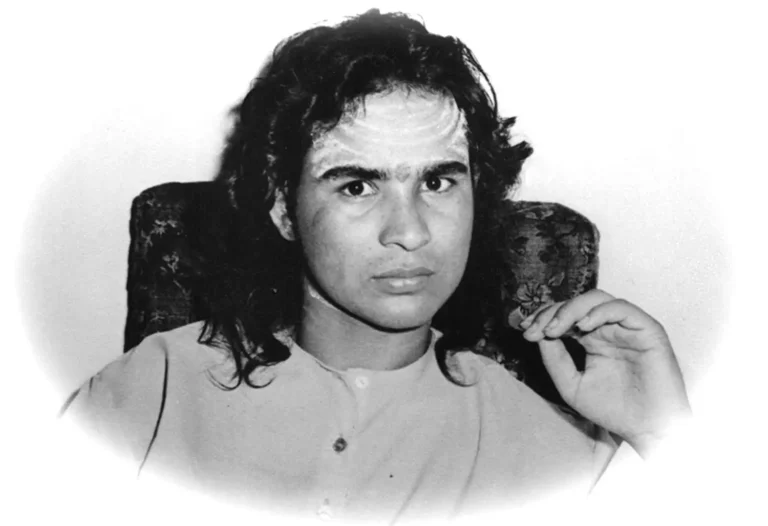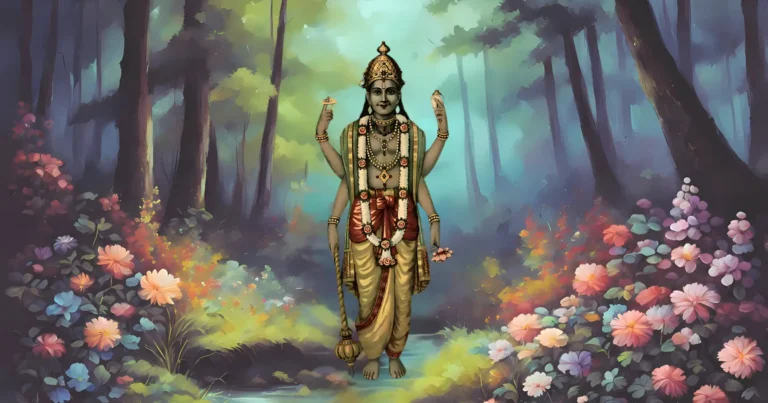Please Like the Blog and Share it for Maximum Reach
Table of Contents
Shocking Laws About Karma And Rebirth
- Karma and birth are beginningless
- Samskaras shape our destiny
- Not all souls are equal (Madhva’s view)
- Earth is the only realm for growth
- Heaven/hell are temporary states
- Suffering as karmic purification
- Rebirth ends in Self-realization
Why Do We Suffer?
Have you ever looked at the world and asked, why do some children live in abundance while others cry in hunger? Why do some people rise effortlessly, while others struggle despite their sincerity? These questions are not new. But the answers often feel unsatisfying unless we go deeper than a single lifetime.
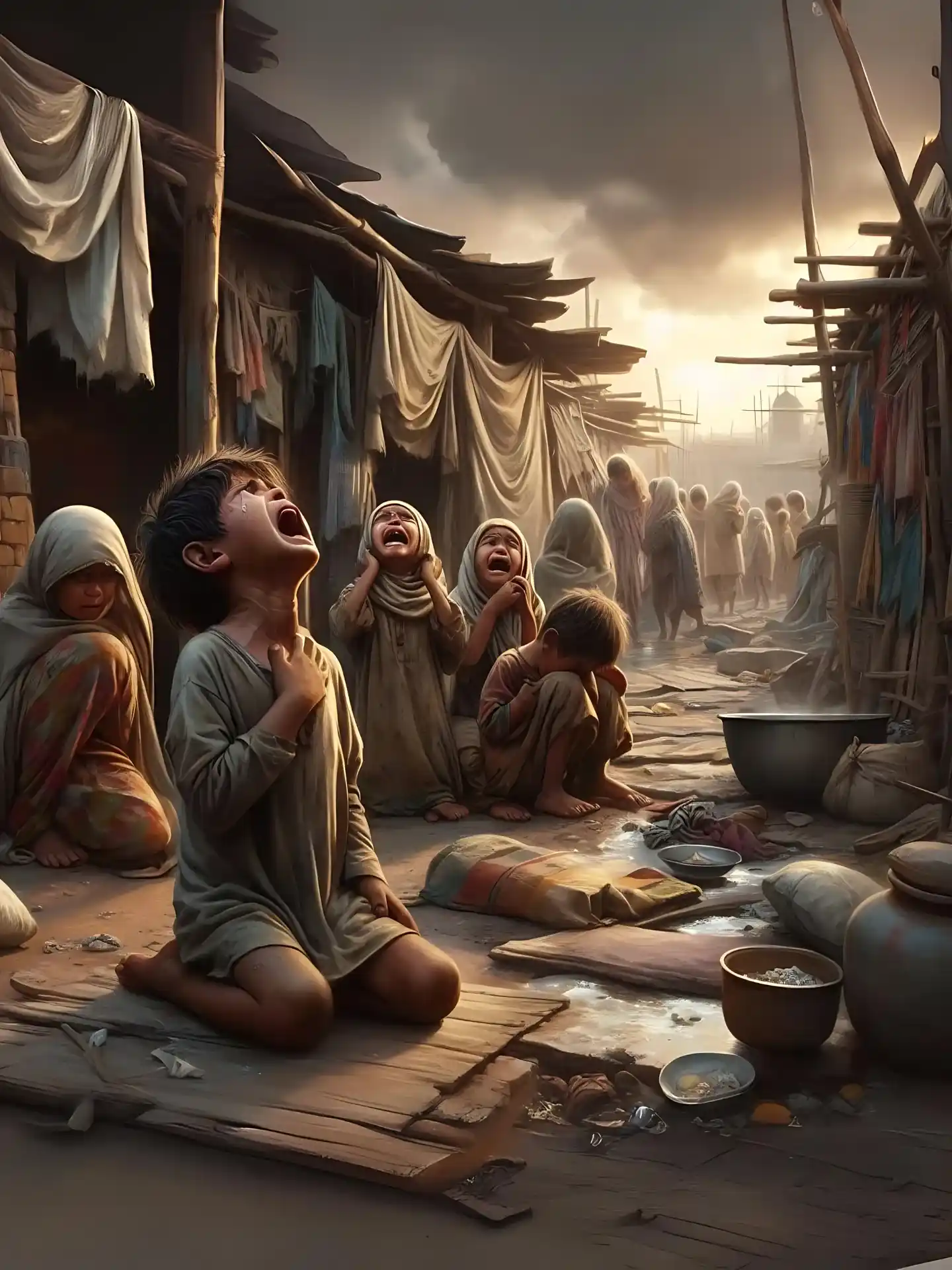
Most people don’t question what suffering actually is. They just feel it and react. But if you sit with it long enough, you see, not all pain turns into suffering. And not all suffering begins with pain. It’s strange. Sometimes a small insult can leave a person shattered for days, while someone else walks through loss with a quiet mind. What causes that difference? It’s not the event. It’s how we meet it.
The mind doesn’t just feel pain; it picks it apart, clings to it, shapes stories from it, and sometimes, refuses to let go even when the pain itself is long gone. That’s when pain becomes suffering, when it becomes personal, permanent, or unfair. But is it really any of those? But suffering, that’s something subtler. It is the story we build around the pain, the identity we shape from it.
Two people may face the same wound, yet one bows in quiet strength, while resistance tears the other. Suffering begins not when life becomes difficult, but when we believe it shouldn’t have been. That belief, rooted in expectation and ego, becomes the seed of unrest. The difference lies not in the event, but in the perception.
In Vedic thought, suffering results from avidya, ignorance of our true nature. We suffer because we wrongly identify with the transient: the body, the ego, possessions, relationships.When we inevitably lose these or watch them change, we feel shaken, hurt, and unanchored. But if we knew ourselves to be the eternal soul, untouched by loss, birth, or death, suffering would dissolve like mist before the sun.
Therefore, suffering is often self-inflicted. Not consciously, but through the false assumptions we carry. Most of us expect permanence in an impermanent world. We demand fairness from a realm designed to reflect our past actions. We seek security in things that were never meant to last. And when they fail us, as they must, we suffer.
So what is the antidote to suffering?
Awareness. Knowledge. Viveka, discernment between the real and the unreal. Through inner inquiry, spiritual practice, and the grace of a teacher, we peel away these false identifications. It becomes clear: not the storm, but the sky it moves through; not the pain, but the one who quietly watches.
This doesn’t mean pain ends, but suffering can. With clarity, we learn to accept what is, act where we can, and surrender what we cannot control. We live not from fear, but from centered stillness. And in that shift, suffering loses its grip.
Thus, suffering is not our enemy, it is our teacher. It shows us where we’re still asleep. And once we awaken, the very ground of suffering becomes the soil for our liberation.
The Connection Between Karma and Rebirth
Karma is a law of cause and effect, but it makes no sense unless we consider reincarnation. Without the idea of rebirth, Karma feels like a cruel joke. Why would an infant suffer if they haven’t even had the chance to do anything wrong or right?
The only explanation that preserves divine justice is that the soul has lived before, and carries the baggage or blessings of its past actions.
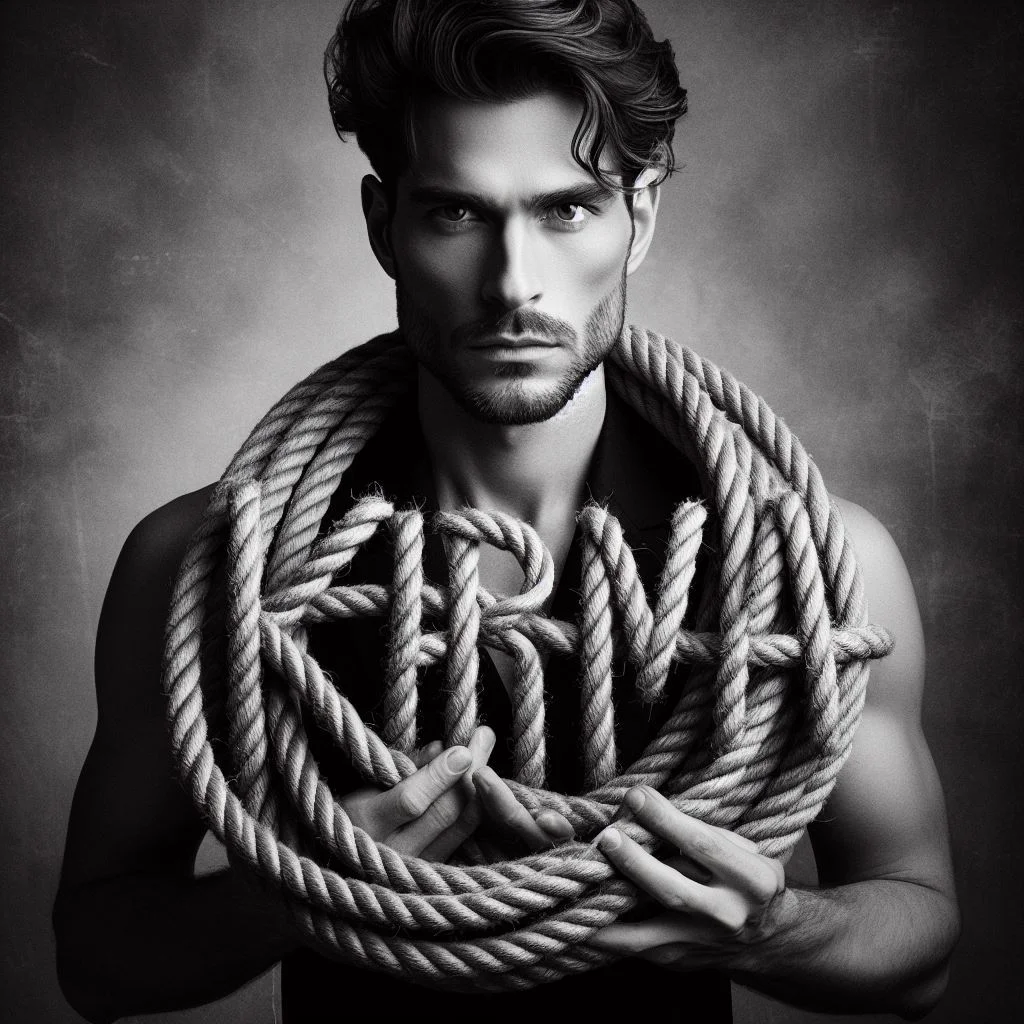
But this raises a deeper philosophical puzzle: which came first, karma or birth? It feels like the age-old dilemma, whether the chicken came first or the egg. Did we act first and earn this birth, or were we born first and then began acting? This question has intrigued sages for millennia.
The Mahabharata’s Shanti Parva offers insight. When Yudhishthira asks Bhishma this very question, Bhishma replies that karma and birth are both anādi, beginningless.
Just like a seed gives rise to a sprout, and the sprout again bears seeds, so too karma gives rise to birth and birth again leads to karma. There is no fixed starting point. It’s an eternal loop.
This view teaches us that looking for the first cause is futile, what matters is that we are in the eternal cycle of birth, karma and death already. And being in the human form, we finally have the consciousness and freedom to break it. Instead of being lost in the spiral, we can rise above it by choosing the right action, cultivating awareness, and striving for liberation.
Why Life Seems Unfair, But Isn’t
We often think God is unjust because we don’t remember our past. But from the Vedic lens, the universe functions with subtle precision. The situation you’re born into, your family, tendencies, even your challenges, are not random. They’re carefully tailored by your soul’s past decisions. Life, then, is not unfair. It responds to who we have been, and who we still choose to be.
Yet, the sense of unfairness lingers, why are some people born into ease, while others suffer endlessly despite being sincere? Why do some seem naturally inclined to wisdom, while others remain impulsive, clouded, or self-destructive?
This inner conflict arises from limited perception. Most of us view life through the lens of a single birth. Just as countless seasons shape a tree before it bears fruit, countless births and tendencies (samskaras) shape the soul, but we often forget this.
These samskaras determine whether we see clearly or remain entangled in surface reactions. Some souls, owing to a purer inner past, intuitively grasp deeper truths.
They don’t struggle because they are unwilling. It’s just that the mind, shaped by many past impressions, still needs time to clear. The soul is trying, even if the effort isn’t overtly visible. That weight makes it harder for them to choose rightly, even when they want to.
But is there hope for those who are impulsive, reactive, or clouded by ignorance? Or are they doomed to suffer endlessly?
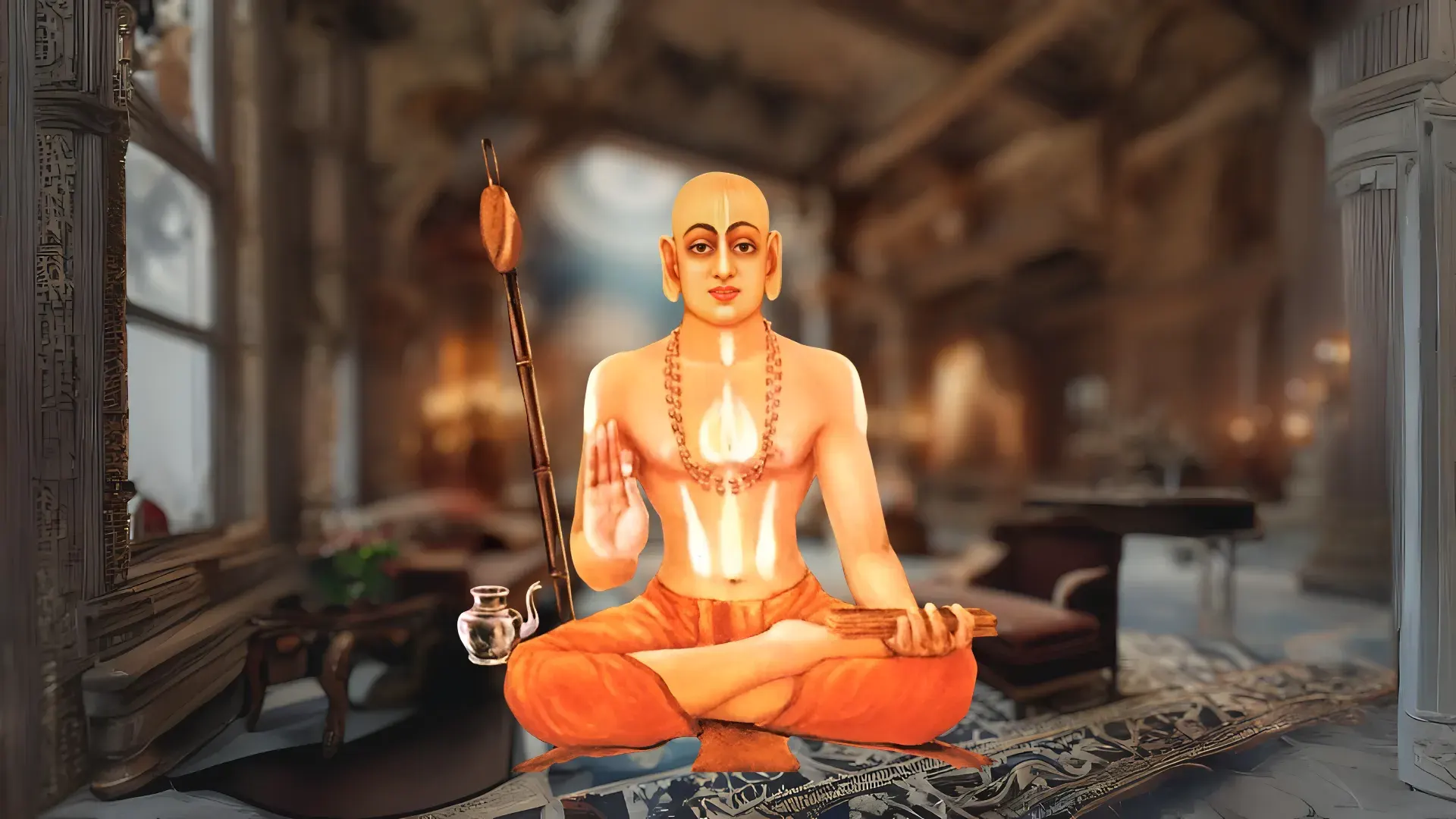
This is where the question deepens, and Madhvacharya’s Dvaita Vedanta gives a bold answer. According to him, not all souls are the same. He categorizes them into three eternal types:
Mukti-yoga: those destined for liberation,
Nitya-samsārī: those eternally bound to the cycle of birth and death,
Tamo-yogya: those fated for eternal damnation in spiritual darkness.
Madhva offered this classification not to discourage, but to reveal that each soul has an intrinsic and unchanging nature. Their own core constitution misdirects some beings eternally, not any injustice from God.. The term nitya-samsārī, eternally bound, is not poetic exaggeration. It’s a theological assertion of unchangeable destiny.
So what then of free will? How can such souls choose differently?
Madhva explains that even these souls have a kind of free will, but it operates within the limits of their innate nature. Like a crooked tree that still grows toward the sun, such souls may pursue dharma, perform good deeds, or seek knowledge, but their inner compass will ultimately lead them in circles. Their intelligence functions, but only to serve their tamasic or rajasic cravings.
Still, this does not mean their life is meaningless. God does not waste any being. Even those who cannot attain moksha contribute to the cosmic balance, through contrast, through experience, and as instruments of divine justice. And though they may not escape the wheel of birth and death, they can still find relative relief, temporary clarity, or a taste of sattva, even if only for a time.
For the rest, those struggling but not utterly lost, grace is the turning point. A fleeting moment of sincerity, a quiet surrender, a single encounter with truth, these can act like lightning on the dark horizon of a soul’s journey. And if the soul is mukti-yogya, even if buried under lifetimes of confusion, it will respond, it will remember, and it will rise.
Thus, life is not unfair, it is exact. And yet, even in this exactness, there is compassion, there is grace, and there is the quiet mystery of divine orchestration, where every soul, bound, lost, or free, serves a role. We may not know our soul’s category, but we know we can choose effort, humility, and surrender. And often, it is that choice, made in darkness, that becomes the very doorway to light.
You Become What You Do
Ancient seers knew what modern psychology is just catching up with, our repeated actions and thoughts shape who we are. If someone lives with kindness, they slowly embody peace and virtue. If another constantly harms or lies, those patterns reinforce inner restlessness and fear. Our everyday habits, not just our big decisions, shape the karmic path we walk.
The Blueprint of Destiny Is Desire
Karma doesn’t begin with action, it begins with intention. Desire gives rise to thought. Thought shapes action. And action shapes destiny. If we don’t examine our inner world, we’ll keep acting from unconscious patterns and keep repeating the same results, not just in this life, but in many to come.
Duty Over Rights, The Vedic Lens

Modern culture promotes “rights.” But in the Vedic tradition, the focus is on “duty.” Why? Because when we only think of what we’re owed, we miss the deeper question, what have we come here to do? Dharma, or righteous duty, forms the basis of a meaningful life. And it is this performance of duty, not clinging to results, that helps the soul progress and purify itself over lifetimes.
The Gift of Human Birth

It’s said that getting a human birth is one of the rarest blessings. In a universe with millions of species, only the human form allows full self-awareness. But not all humans are alike. Some choose to live as sages, others pursue power, while many remain caught in passion or ignorance. Our position among these is based on our past efforts, and our current opportunity.
Not All Humans Are Equal, Spiritually Speaking
Scriptures describe over 8.4 million life forms, from fish to trees to animals to humans. Among humans, there are various grades of consciousness. Some grow through experience and become intuitive. Others may be intelligent but deeply materialistic. Still others are stuck in aggression, lust, and lower tendencies.
None of this is accidental. Each soul is in the exact body and state it needs to continue its evolution. Even this material world is perfect; disharmony is in our inability to see and grasp, not in what exists.
The Body We Get Is Not Random
How does a soul get its next body? Through the combined effect of past actions and divine oversight. For instance, someone who’s excessively greedy, a glutton or indulges in filth might take birth as a pig.
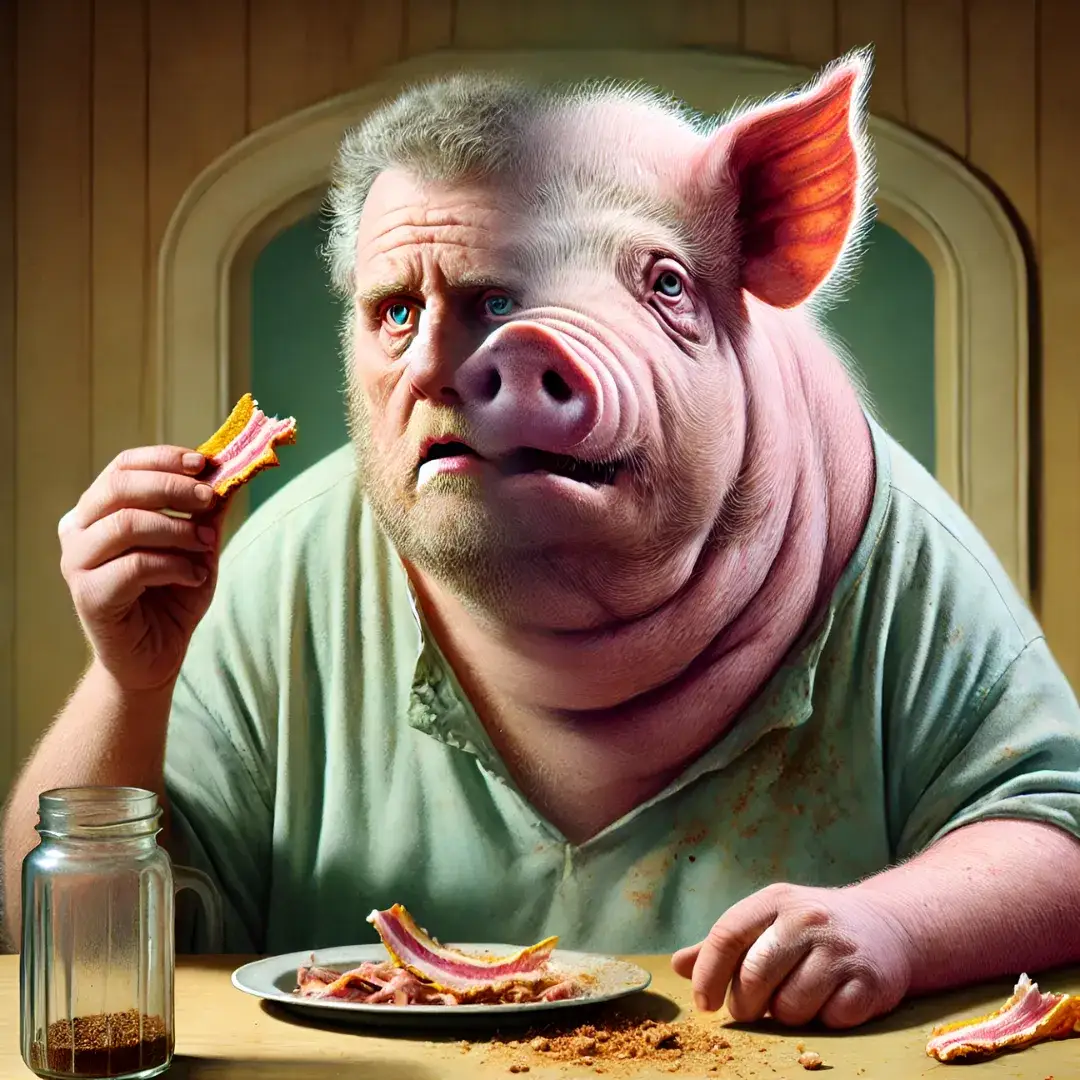
Someone driven by pride and mockery may become a monkey. And those who’ve lived rigid or hollow lives may even be born as trees. These aren’t punishments. They’re poetic forms of karmic alignment.
Heaven and Hell Are Temporary
In Vedic understanding, heaven and hell are not eternal reward or punishment zones, but transitional states, both in the afterlife and right here on Earth. A soul ascends to heavenly realms after performing great merits, but once that karmic credit is exhausted, it must return to the mortal plane.
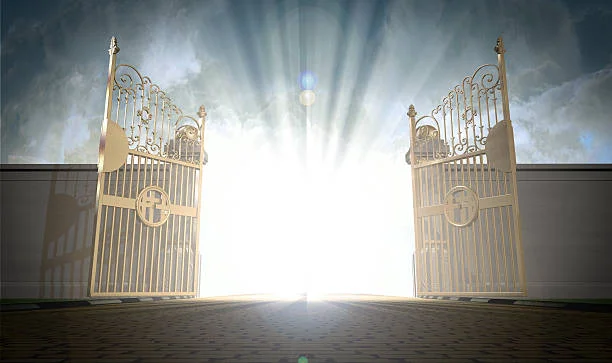
Similarly, those with negative karmas may descend into hellish states, but these too pass. The key truth is: real evolution doesn’t happen in comfort or misery, it happens where there is choice. And that place is Earth.
Heaven and hell also exist within human life. A luxurious, carefree life surrounded by praise, pleasure, and success is a form of earthly heaven. Conversely, chronic illness, failure, poverty, betrayal, loneliness, these are earthly hells. Yet, paradoxically, it is in the ‘hell experience’ that the greatest spiritual windows open.
Pain humbles. Suffering forces reflection. When life strips away our imagined control, it awakens the longing to find something deeper, something permanent. That’s when the soul turns to grace.
In contrast, those in comfort often miss the chance. Pleasure numbs inquiry. Success inflates ego. The spiritual cry, the urge to question and grow, rarely arises when life is too easy. Thus, Earth’s hells may well become hidden blessings, urging the soul to break free faster than any paradise ever could.
The Human Experience Is Sacred
Among all planes of existence, whether celestial or infernal, it is only the human realm that offers true freedom. Gods may enjoy the pleasures of heaven, and animals may live by instinct, but neither can consciously rise above their tendencies.
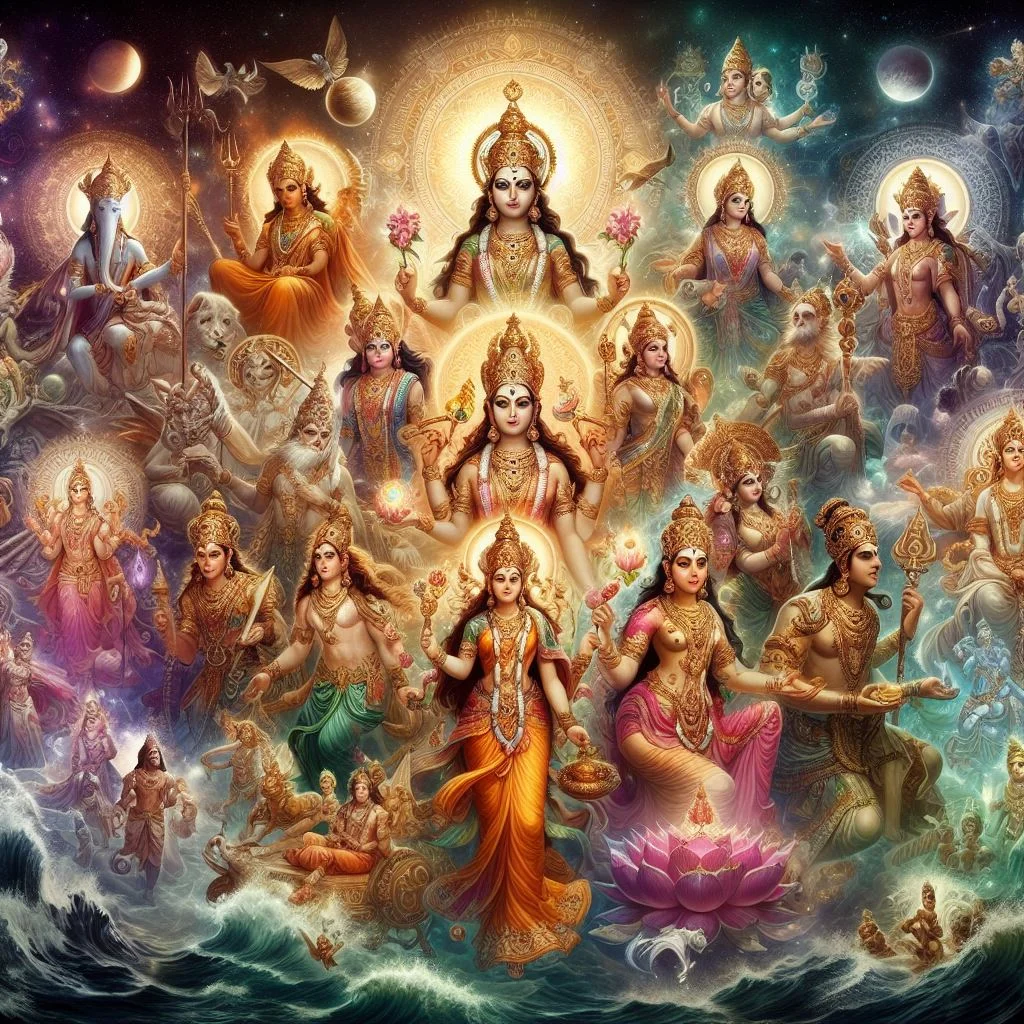
Only human birth provides that sacred midpoint: a space where we suffer, strive, reflect, and rise. That’s why even celestial beings long for a human incarnation, not for material gain, but for the rare chance to dissolve karmas and awaken to truth.
This world is a training ground where hidden impressions (vāsanās) come alive. Desires and fears, attachments and aversions, they all surface in this body, in this life. Earth provides the friction necessary for the soul’s purification. No artificial system, no divine realm, not even the most advanced intelligence can replace the value of this lived experience.
Sometimes, life presses so hard it feels like you’re being broken from every side. But it’s not always destruction, it’s pressure. Strangely enough, pressure forms diamonds, not ease. Comfort doesn’t shape the soul; challenge does. It’s chiseled by friction, contradiction, and silence, until what’s false falls away.
If someone removes the pressure too soon, the carving never completes. What’s left is only a half-shaped image, strong in outline, but hollow inside. Similarly, human struggle is not a curse. It is the sacred resistance that prepares the soul for flight, into liberation, beyond the cycle of birth and death.
When Rebirth Ends, What Then?
Across countless births, man chases fleeting pleasures, power, companionship, or meaning, yet none of these ever fully satisfy. Deep within, he seeks something eternal, something unchanging. But he doesn’t know what it is. This longing is not of the mind, but of the soul, a quiet pull toward the Source from which it once emerged.
The great seers often compare this to the musk deer, which roams the forest desperately searching for a divine fragrance, unaware that the scent comes from its own navel. In the same way, man suffers because he looks outward for what is already within.
He quiets his desires, turns away from worldly temptations, and reflects within. As divine grace guides him and the veil of ignorance lifts, he comes to rest in his true Self, a presence that is ever free, ever blissful.
That moment is not death. It is awakening. Rebirth ends, and the soul returns home.
Frequently Asked Questions (FAQs)
1. Is Karma real or just a belief?
Karma is a law of cause and effect. Like gravity, it works irrespective of whether you believe in it or otherwise. Every action creates a consequence, sometimes immediately, sometimes carried into future lives.
2. Do we always take human birth again after this life?
No. The next birth depends on karma and desire. One may be reborn in heavenly, earthly, or lower realms. Human birth is rare and precious, not guaranteed.
3. Why can’t we remember our past lives?
The mind-body system ties memories to itself, then resets at birth. However, karmic tendencies carry over, shaping personality, fears, talents, and life circumstances.
4. How do I know if I’m burning old karma?
When you face intense challenges despite doing your best, and they feel like ‘tests’, it could be karmic purification. Stay steady, and face it with awareness and grace.
5. Can we change or erase our karma?
We must face some karmas, but we can soften or change the intensity of certain Karmas through intense sadhana, Guru Bhakti and allied spiritual practices, under an authentic Guru. If one commits to Selfless Surrender to Guru and Bhagawan, sometimes bad karmas burn themselves in dreams.
These dreams can be horrific, but a few nights are just what it takes to burn Karmas that may have carried over through many lifetimes and also generated more Karmic seeds.
We must face some karmas, but we can soften or change the intensity of certain Karmas through sincere prayer, mantra, selfless service, and inner transformation.
6. What’s the quickest way to escape the rebirth cycle?
Seek a true teacher, practice daily sadhana, and surrender. Live in Seva and sadhana, commitment to Guru and undiluted spiritual discipline. This shall awaken deep awareness.. Liberation comes not by rushing, but by ripening.
7. Why do good people suffer?
Suffering is most often purification, not punishment. Sometimes it’s the soul’s chosen way to burn karma faster or deepen spiritual insight.
8. Is heaven real? What happens after we die?
Yes, but it’s not permanent. After enjoying the results of good karma, the soul returns to Earth. Only liberation ends the cycle permanently.
This life is not just a passage, it is a portal. A chance to awaken. A bridge between what we’ve been and what we can become. Will we walk it with eyes open?
Please Like the Blog and Share it for Maximum Reach













